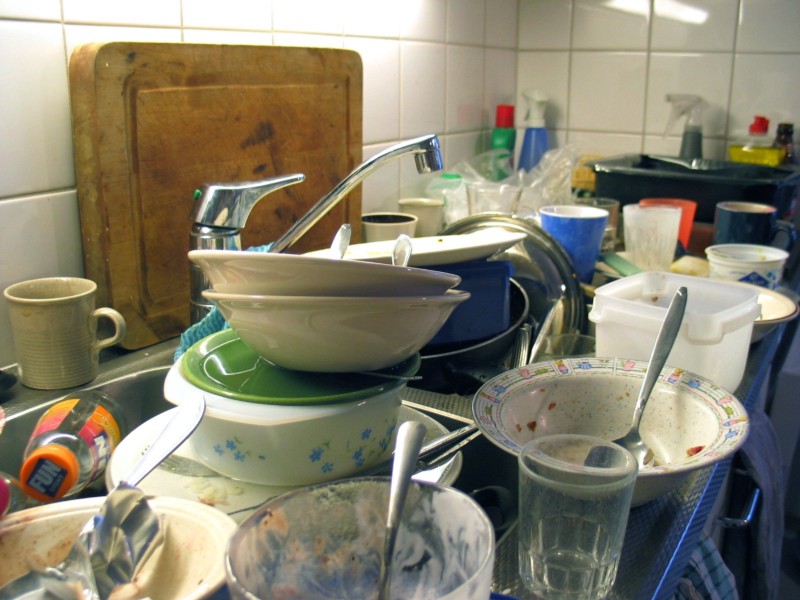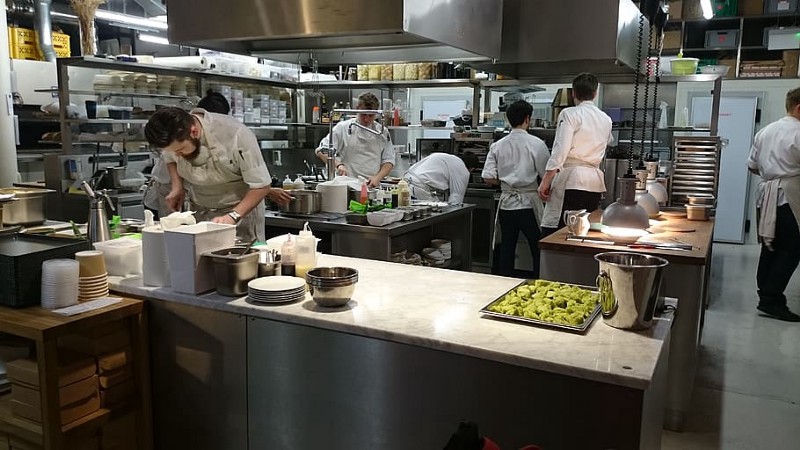When to Resolve Tech Debt
2 minute read
If you don’t follow Dave Farley, co-author of Continuous Delivery, you’re missing out. In a recent conversation about the challenges of refactoring legacy code, one of the responses talked about when to resolve tech debt.
The problem isn’t how to schedule tech debt, it’s making it clear what tech debt is. After that, when to resolve it should be obvious
In The Unicorn Project, Gene Kim refers to tech debt as “complexity debt”; things in the software or environment that increase the complexity of operations and/or new changes. Experienced software developers can see tech debt as soon as they look at the code. However, it’s hard to translate what that looks like to others.
This is tech debt:

Now, a quick question: the next item on the backlog is scrambled eggs. The eggs are immediately available. How long will it take you to scramble 2 eggs? This is otherwise a simple task. There are known good practices with very low complexity until you walk into this kitchen to get it done.
The image above is the result of all of the focus being delivering a single meal instead of repeatedly producing meals. It was done in an amateur kitchen by people who do not cook for a living.
This is a professional kitchen:

The team is organized to produce a continuous flow of quality. This includes prepping, cooking, and cleaning in a continuous process to meet the customers’ needs. They never have conversations about waiting to clean the kitchen until after everyone is fed because they know doing that would increase complexity that would first slow, and then stop delivery as the quality degraded to unusable levels. Quality and complexity are tightly coupled.
Professional cooks keep the cooking area clean to enable quality, reduce complexity, and to make the next delivery easy to produce. So do professional developers. If you are a developer who does not clean up after yourself, please start. If you are managing development teams and tell them to leave cleaning up for later instead of making it part of every delivery, ask yourself which kitchen you’d like a meal from.
Written on August 15, 2020 by Bryan Finster.
Originally published on Medium